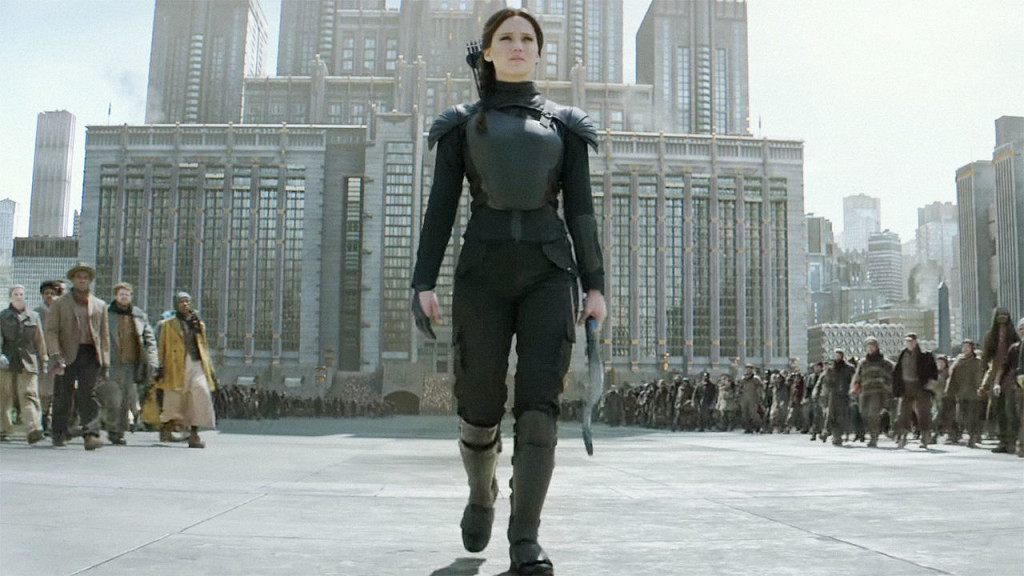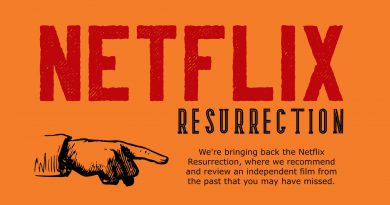A Goodbye To The Overrated Hunger Games
The meaning of Suzanne Collins’ Hunger Games series in the popular culture is appreciable. It’s clear Katniss Everdeen is considered a very important figure in modern literature. For many, the sum total of these positive aspects of the franchise are ultimately of greater importance as to whether the films have been lackluster and in a way, highly overrated.
What is most clear is why the third and final novel Mockingjay was split into two separate films; an obvious attempt to extend the box office lifespan of the series. It does not make dramatic sense to take what should be the first 30 to 60 minutes of a three hour film and stretch it into one, big, two hour film of its own.
While all the positive aspects are true, the movies, taken on their own, have all come off as half measures.
The first film, The Hunger Games, was marred by looking shockingly cheap. Whatever potentially interesting setups it had were ruined by sparse ugly sets, overly familiar production design, generic outdoor locations, obnoxious cinematography, god-awful action scenes, head scathingly low-quality special effects (especially on a budget of upwards to 100 million dollars) and an ongoing poor choice of robbing Katniss of her vital interior monologues from the books.
The sequel, Catching Fire, was better, but squanders a fresh take on the premise in favor of sitting around re-establishing character business we already knew. It starts off with all the pieces that, if they added them up correctly, would have been an effective checklist to fix what was wrong with the first movie.
Unlike the first film, directed by Gary Ross, the following films had a new director (Francis Lawrence) who could direct action well and use a tripod.
They pretty much did the first movie again right down to the magic dresses, the chariots, the pageants, the training and just opted out of the North American forest for a South American tropical island for the game environment.
The biggest problem overall with these movies is that they all seem like buildup for the next one until the final one where everything wraps up most likely in an anti-climax manner just like the last three.
Catching Fire marks down the time until it can all end abruptly in a brand new, all-time, champion anti-climax so we could get a cheeky lead in for Mockingjay Part 1, which in turn ended with an equally anti-climactic cheeky lead in part 2. Hell, even the first film ended with an anti-climax feel that had a cheeky lead in for Catching Fire.
That’s the whole reason for franchise films to exist, to build up to the next one in the series, but none do it better, or worse, than Suzanne Collins’ The Hunger Games.
Each film feels like it is stretched to the breaking point. What should only be a two movie franchise at best, one with the setup, the other with the revolution —or just have one big epic movie about the revolution like every other movie with this plotline does— instead gives us this mediocre film franchise that squanders whatever good ideas and morals it has.
The words I’ll say when I walk out at the end credits of Mockingjay Part 2, even if it is good, even if it is the best one of them all, is “Thank God, this is finally over,” because one good movie can’t make up for the mediocrity of the three prior films.



